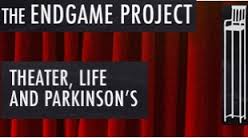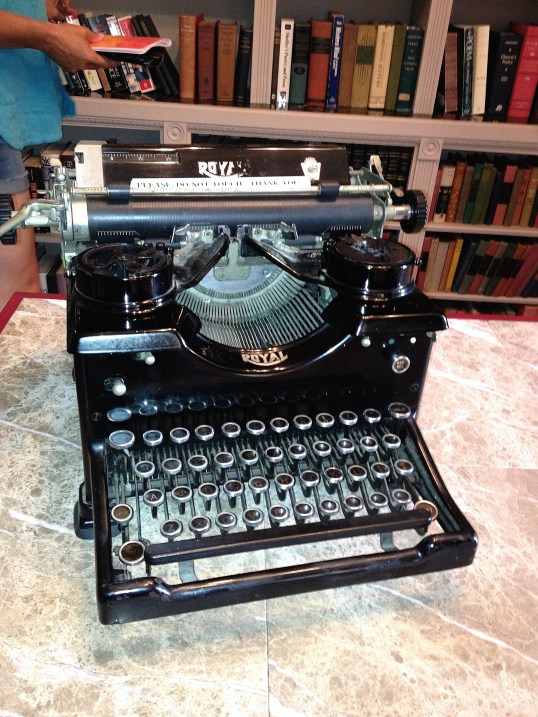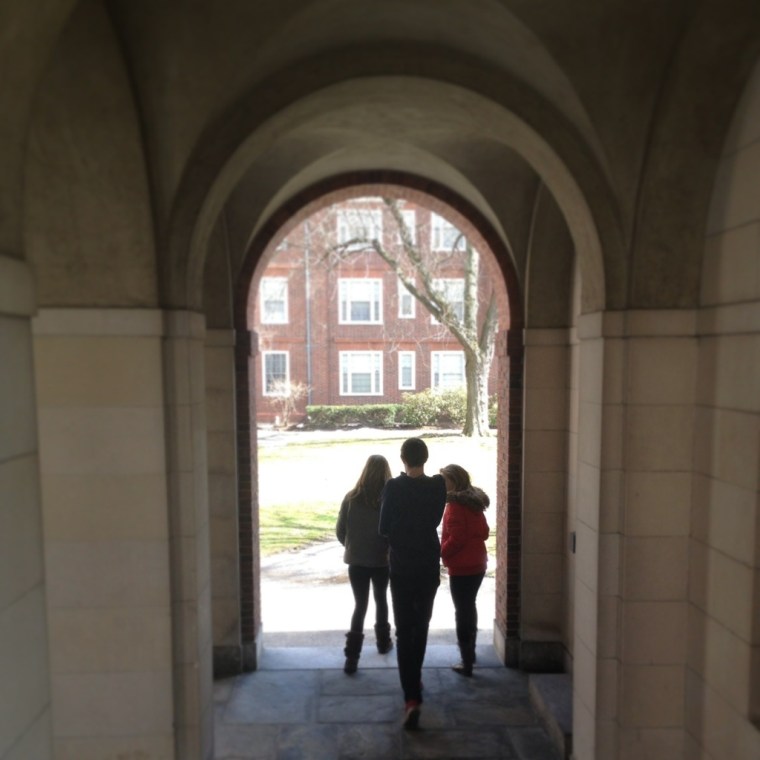It should be obvious from my blog posts that my husband’s Parkinson’s Disease is not a death sentence. It is a “shit-this-sucks!” sentence. The disease has slowed down Chris’s ability to move and, perhaps, to think.
But it is not a stopping or a slowing down of the love he feels from and to and with other human beings.
Chris was diagnosed with Parkinson’s Disease about 12 years ago. His first symptom was stiffness in one arm. It didn’t swing much when he walked. He seemed to have an ever-so-slight drag in his step. More symptoms, such as a mask-like visage and stooped posture, have appeared since the time of his diagnosis. The years have not been easy.
Chris still thinks he got a better deal with a Parkinson’s diagnosis than a diagnosis of A.L.S. or some other fast-acting kind of cancer. He thinks Parkinson’s is not the worst disease.
Like Robin Williams, Chris is (and was) an extraordinarily talented comic and dramatic actor, conversationalist, and, yes, humanitarian. Chris is not acting that much anymore. He’s winning awards for his translations of Chekhov. He’s working on writing projects and directing plays. (He’s still a pretty good conversationalist and humanitarian.)
More importantly, he continues to excel at loving his children and his family. That is essential.
Now, about depression.
This is tough to talk about. Chris was briefly on anti-depressants (Lexapro, I think) for a malaise or depression that may have appeared around the same time as his Parkinson’s. He felt that the pills did not help. He felt that it was just one more damn pill to take. He has to take a lot every single day to keep his neurons firing.
The neurologist did not push these pills. He addressed my complaints about Chris’s symptoms by suggesting that they fit the criteria of apathy, not depression. And apathy, Dr. Ford said, is more annoying to the people living with the apathetic person than to the person who has the apathy. (And there was a bit of joking that I, as the complaining party, was the one who needed the antidepressants. Not the identified patient. But I declined.)

Apathy, turns out, is not an uncommon side effect of Parkinson’s.
From my point of view (and I have encouraged Chris to write from his perspective), depression, apathy, and Parkinson’s Disease – these diseases do, in fact, totally suck. They deplete the quality of life. Because Parkinson’s is a chronic and progressive disease, the symptoms continue to worsen. The disease and its symptoms require a person to constantly fight inertia or apathy. Or depression.
And for some, perhaps Robin Williams, who carried a compounding of diseases, the heavy weight of the battle was too much to carry. (I am not judging. I am writing from my own point of view. I know that we — every single one of us — is fighting his or her own battles. I cannot judge. Only love.)
From my experience, the part of a human being that is capable of giving and receiving love does not seem to be affected by Parkinson’s Disease. Perhaps, one’s capacity for love is what makes us human. And life worth fighting for. (But, again, it may not be enough.) Is love, in fact, what makes life worth living?
Just for today. One day at a time.
When all else – body, mind — fails, perhaps, we should celebrate when love remains.




